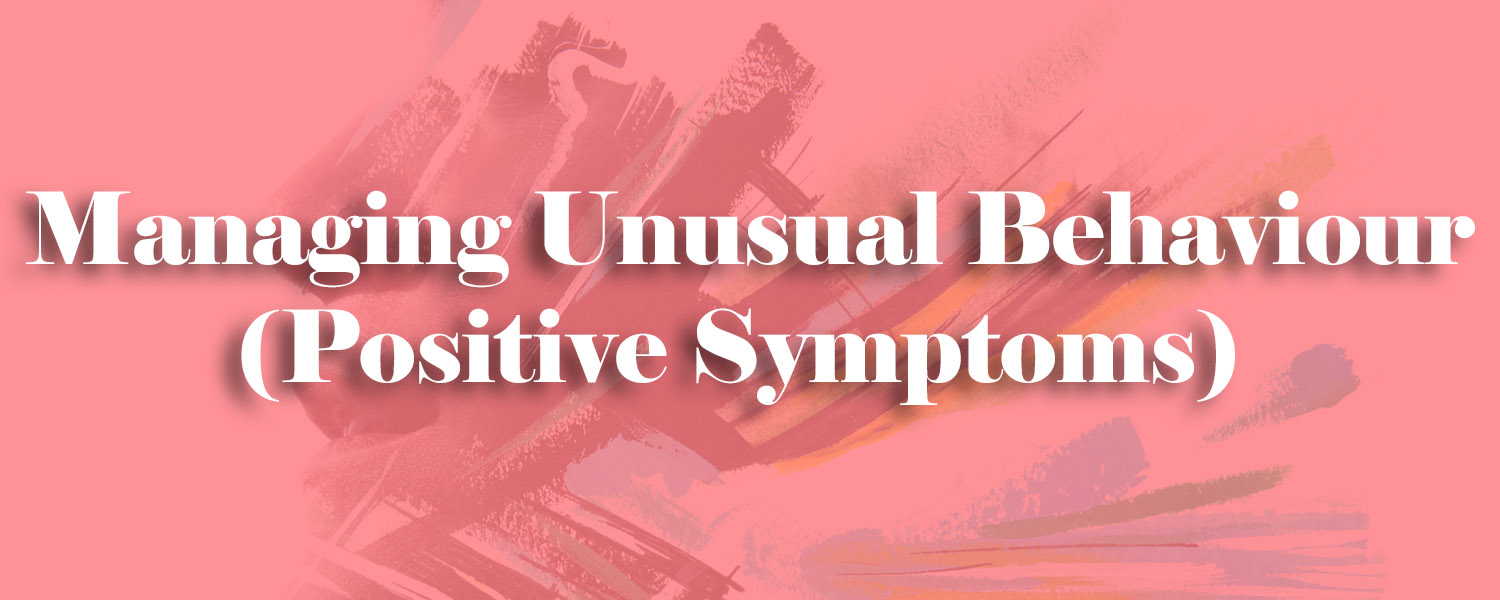
What Kind of Helper are You? Take the Test!
Elliott is a 20 year old man who lives with his mum, dad and younger sister. He’s visited by a social worker from the early intervention team every week and he takes risperidone (an antipsychotic medication) every day.
He’s still not his usual self, however, and he won’t come into the living room during the day unless the curtains are closed. He has explained that he thinks that police are driving up and down the road and looking in at him as they are trying to make him ‘crack’ and confess to a murder he didn’t commit.
If you were Elliott’s relative, how would you help? Which of these would you try?
How Would You Help?
You are an Active Problem Solver. You like to tackle problems head on and get things done. You are accustomed to taking responsibility at work or in the home.
You are an Active Problem Solver. You like to tackle problems head on and get things done. You are accustomed to taking responsibility at work or in the home.
You are a Negotiator. You like to involve others in solutions and are good at compromising. You make a good leader.
You are an Empathiser. You are sensitive to other peoples’ feelings and interested in how their minds work.
You are a Realist. You know the limits of your expertise, which problems you can influence and those you cannot.

There is no right or wrong answer! All of these might be useful, depending on which stage of recovery Elliott is at.
For example:
Active Problem Solving
If Elliott is absolutely convinced that the police are after him, trying to persuade him otherwise might make him angry or fearful that you are trying to put him in danger or that you are ‘in on it’. However, if Elliott is at the stage where he is actively considering change in his beliefs, helping him gather more information about police activity might be useful.
Negotiating and Empathising
It would usually be of benefit to try to understand Elliott’s point of view and collaborate on ways to help him feel safer. However, if Elliott is very preoccupied with the problem, talking about it might be counter-productive. It could be helpful to try to help him switch attention for a little while by asking him to help prepare a meal or suggesting that he goes over to a friend’s to play video games.
The Realist
If you can help it, never miss an opportunity to do the normal things that keep you and your family going. However, Elliott’s suspiciousness may make him super-sensitive and prone to misinterpret things. Clear communication about what is happening can really help with this. For example, Elliott may view the shopping trip with his sister as a sign that he is being left out. If this is the case you could try inviting him on the trip or, if he’s too paranoid to go out, ask him if there’s anything he needs. Be up front about the fact that you’re making sure he doesn’t miss out.


